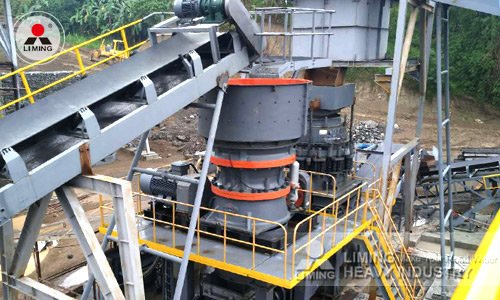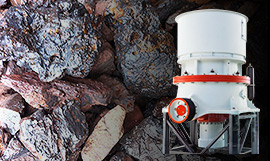Горячая распродажа добычае оборудование
Построил самые инновационные продукты, которые облегчают дробление легче


Случаи
Идти дальше вместе с нашими клиентами
120TPH производственная линия вольфрамовой руды во Вьетнаме
Размер ввода: 500 мм
Размер вывода: 0-30 мм

4500TPD Магнетитовая руда Проект обработки в Малайзии
Размер продукта: 0-10,10-50 мм
Плотность руды: 2.6т / м³
40-60 тонн в час Установка дробления и просеивания базальта
70-100 тонн в час Дробилки гальки для дорожного строительства- Производитель мелкой каменной дробилки на Филиппинах
- Стоимость агрегатной дробильной установки
- zenith дробилки малайзии
- дробилка кмд запчасти вид конусная втулка
- обогащение железной руды через отсадки
- Горное оборудование для продажи Индонезия
- поперечныи разрез роторнои дробилки pf
- Лабораторное Применение Шкала Камешек Дробилка Сертификат Щековая Дробилка Для Продажи
- Хорошо Разработанная Шлифовальная Шаровая Мельница
- сурьмой стоимость завода по переработке








